Thu, Oct 21, 2021 1:15 PM – 2:45 PM EDT
Why they want your data.
Governments and businesses are proposing smart systems using sensors and digital technologies to collect data about business operations and citizens and their activities to meet the challenges of climate change and other complex social issues. This requires collecting and storing large public and private data sets.
Why should I give you my data, and what do I get?
Privacy, ownership, rights to use the data, and other issues have made smart cities, smart agriculture, and other technology applications controversial. If we expect to have smart systems for cities that are equitable and carbon offsets that are trustworthy, the mechanisms that contribute data must also protect it from misuse and harmful outcomes.
How to bridge the data integrity divide.
Practitioners at Arizona State University and their partners have developed several approaches to infuse trust into sharing private data that include: ·
changing the nature of the relationships
using trusted models such as public libraries
incentives for sharing protected information
Join LightWorks at ASU and SSF in a 90-minute discussion about data, trust, and reducing industry’s carbon footprint by exploring the concepts of a “Library for Carbon Data” and other methods to make data sharing attractive to those who own it and those who need it to make climate-smart decisions.
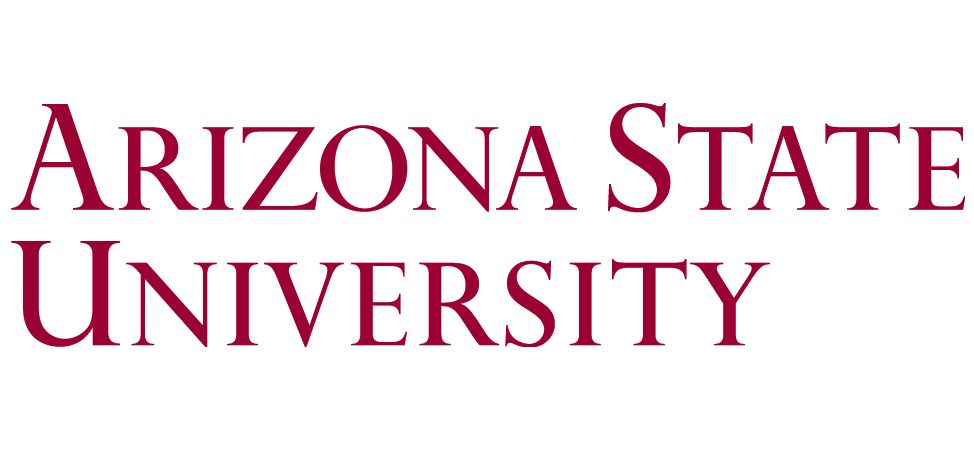
Meet the panel:
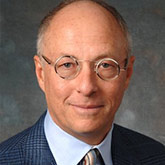 Bill Brandt, ModeratorDirector of Strategic Integration, ASU LightWorks Bill Brandt connects ASU’s LightWorks research with partners to support the discovering and inventing of energy solutions to the world’s fuel, electric and social challenges. He has a background in governance and delegations, mergers and acquisitions and renewable energy. 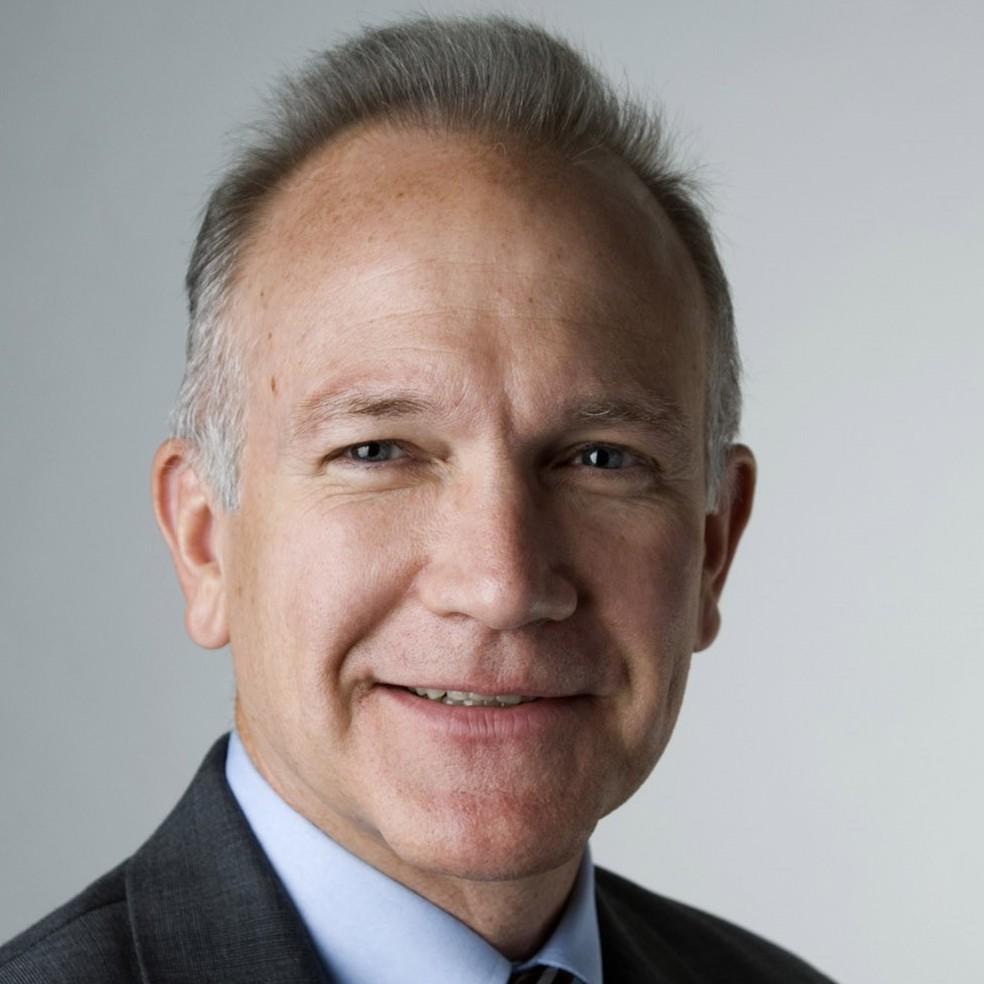 Timothy Slaper Research Director, IU Kelley School of Business’ Indiana Business Research Center Dr. Slaper leads a team engaged in national industry and workforce analysis as the principal investigator for a U.S. Department of Commerce project on regional economic development. The team is building a data set and web tool for practitioners, policymakers and researchers to assess a region’s innovative capacity, resilience and economic performance. |
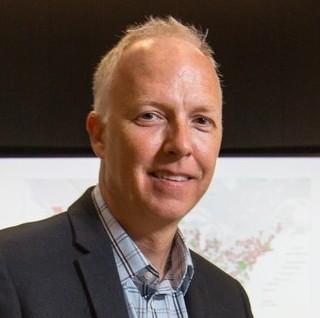 Shade Shutters Research Scientist, School of Complex Adaptive Systems, College of Global Futures, ASU. Dr. Shutters directs the laboratory for regional dynamics and development. His work fuses data science, complexity theory, and network analysis in an effort to help regional planners better understand how their regions function and evolve. | 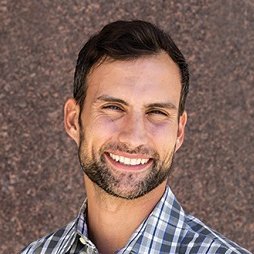 Director for Data Science and Analytics, ASU Libraries. Assistant Research Professor, Biosocial Complexity Initiative, ASU Dr. Simeone’s research explores interdisciplinary applications of data science. He is also a Senior Sustainability Scientist with the Julie Ann Wrigley Global Institute of Sustainability at ASU. | 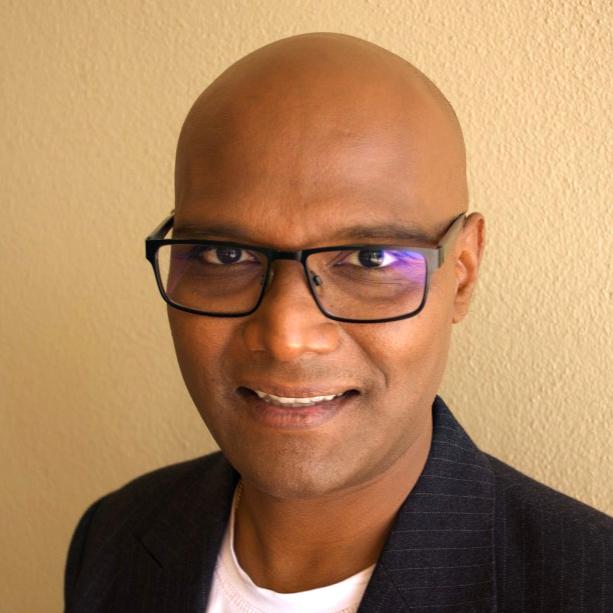 Pavan Turaga Pavan TuragaDirector, ASU School of Arts, Media and Engineering, Director, Geometric Media Lab, ASU. Pavan Turaga’s expertise is in machine learning and data-driven methods, with wide interdisciplinary applications. Their work has been funded by major federal sponsors including the NSF, NIH, ARO, DoE as well as Intel, Adobe, Raytheon, and others. |
